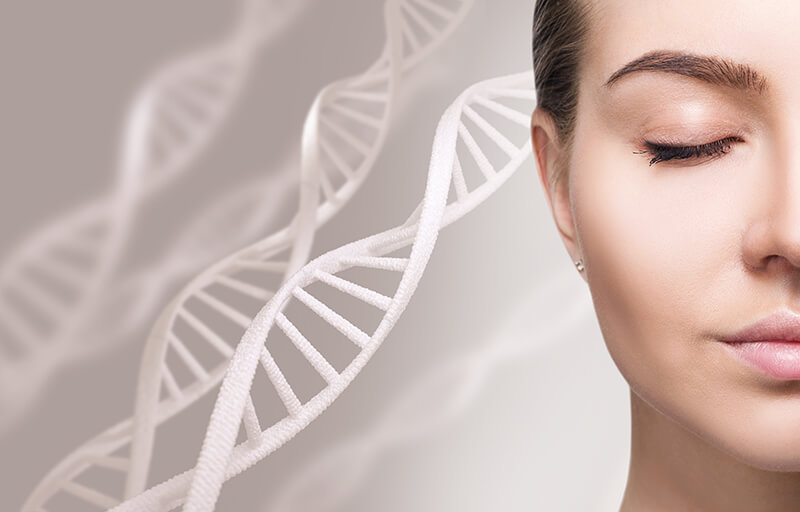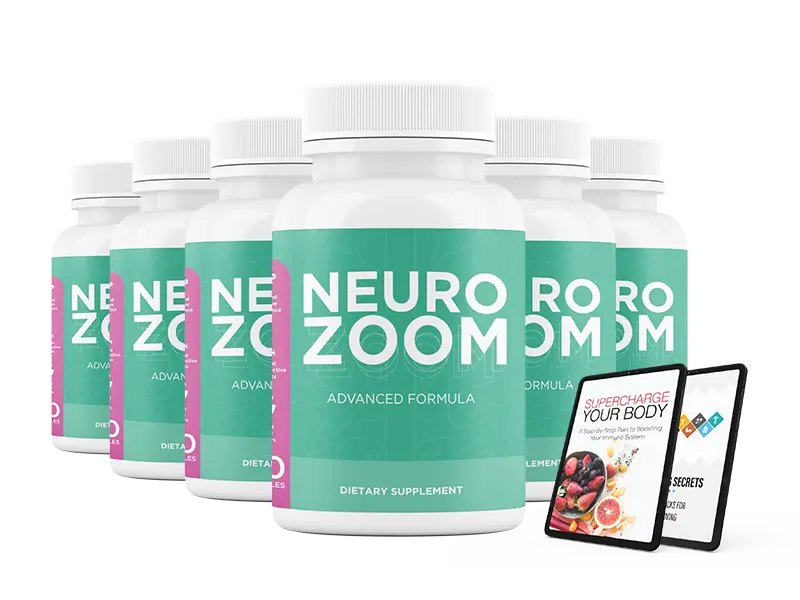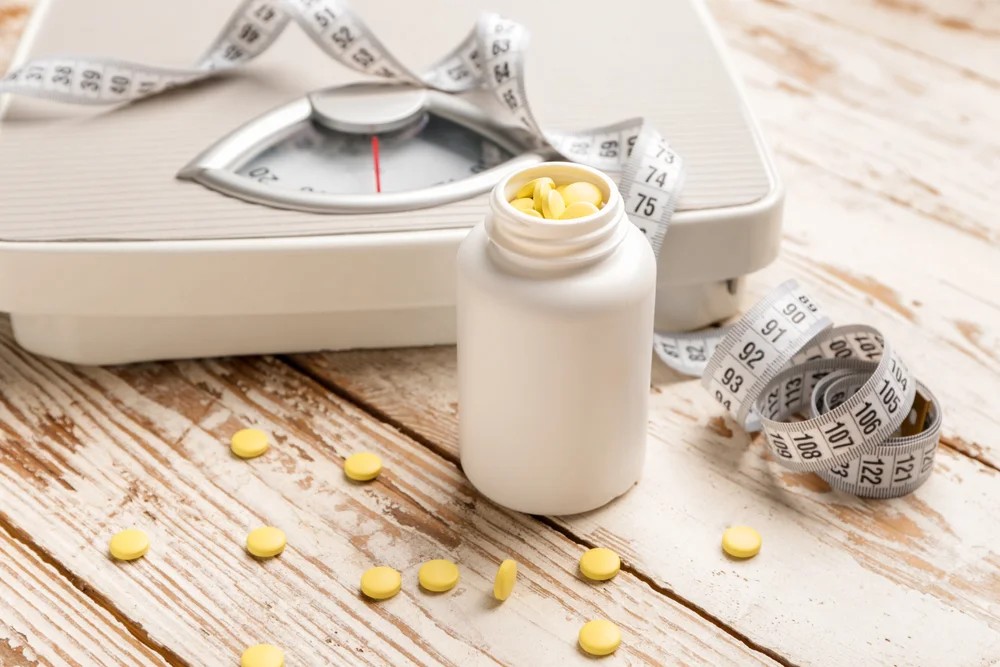The Skin Benefits of Collagen: Unlocking Youthful Radiance

In the pursuit of maintaining a youthful appearance, collagen has emerged as a cornerstone in skincare routines. This naturally occurring protein plays a crucial role in keeping skin firm and supple. Collagen provides the structure your skin needs to stay lifted, reducing sagging and promoting a youthful look.
Collagen not only improves skin’s firmness but also enhances its texture and tone. Many people report noticeable improvements when using collagen supplements, such as increased moisture and elasticity. These benefits collectively help diminish the visibility of wrinkles, making skin appear more vibrant.
Various products and supplements aim to boost collagen levels, contributing to healthier skin. For those seeking to preserve or regain a youthful glow, understanding collagen’s role can be key. Whether through diet, skin care products, or supplements, enhancing collagen levels can significantly impact skin health.
Key Takeaways
- Collagen keeps skin firm and reduces sagging.
- Enhancing collagen improves texture, tone, and moisture.
- Boosting collagen levels promotes a youthful appearance.
Understanding Collagen and Its Role in Skin Health
Collagen is a key protein that provides structure and support to the skin. Its presence influences skin elasticity, firmness, and hydration. With age, collagen levels decrease, affecting the skin’s youthful appearance.
The Composition of Collagen
Collagen is a fibrous protein composed mainly of amino acids such as glycine, proline, and hydroxyproline. These amino acids form long chains that bundle together, creating a triple-helix structure. This structure contributes to the strength and stability of tissues. Collagen makes up about 30% of the body’s total protein content and is found in connective tissues like skin, tendons, and bones. This abundance highlights its critical role in maintaining the body’s structural integrity.
How Collagen Contributes to Skin Structure
Collagen fibers serve as a framework, supporting the skin and providing it with strength and elasticity. The skin’s ability to stretch and return to its original shape relies heavily on collagen. These fibers interact with other proteins and cell components to enhance resilience and firmness. With sufficient collagen, the skin maintains a smooth, youthful appearance. This protein also aids in wound healing by promoting new tissue formation, which is vital for repairing damage and maintaining healthy skin.
Collagen Production and Age-Related Decline
As people age, the body’s natural collagen production slows down. Factors such as UV exposure, smoking, and poor nutrition can further degrade collagen levels. This decline leads to wrinkles, sagging, and loss of firmness in the skin. Supplementing collagen through diet or skincare can help counteract some of these effects. Products containing collagen peptides are often used to stimulate the body’s own production. Despite the decline in collagen with age, maintaining a healthy lifestyle can support collagen levels and contribute to a more youthful appearance.
Enhancing Skin Health with Collagen
Collagen plays a crucial role in maintaining skin elasticity and firmness. There are different ways to boost collagen levels, including diet, supplements, and lifestyle changes. This section explores those areas in detail.
Dietary Sources of Collagen
Eating foods rich in collagen can support skin health. Bone broth, made by simmering bones and connective tissues, is a popular source. It contains gelatin, which breaks down into collagen in the body. Chicken skin and fish skin also provide collagen.
Moreover, vitamin C-rich foods like oranges and strawberries help in collagen production as they assist with synthesis. Including leafy greens like spinach is beneficial due to their antioxidant properties, which protect existing collagen.
Collagen Supplements and Their Efficacy
Collagen supplements, often available in powdered or capsule form, aim to improve skin health by boosting collagen levels. These supplements are made from hydrolyzed collagen, which is broken down for better absorption by the body.
Studies indicate that regular intake may lead to improved skin elasticity and moisture retention, resulting in reduced wrinkle appearance. Users often find visible changes in a few weeks. However, supplement effectiveness can vary based on individual factors like age and skin type.
✅Click here Advanced Collagen Plus
Topical Collagen Treatments
Topical collagen products, such as creams and serums, are designed to hydrate and firm the skin. Although collagen molecules are often too large to penetrate deeply, they can still provide surface hydration, enhancing skin softness.
Ingredients like retinoids and peptides, when combined with collagen, may boost its effectiveness by promoting natural collagen production. Regular application can result in temporarily smoother skin and better texture.
Lifestyle Factors Affecting Collagen Levels
Several lifestyle factors can impact collagen levels in the body. Ultraviolet (UV) rays from the sun can damage collagen fibers, leading to premature aging. Therefore, using sunscreen daily is critical.
Smoking and excessive alcohol consumption also contribute to collagen breakdown. Quitting smoking and limiting alcohol intake can preserve skin health. Stress management techniques and adequate sleep are also essential as they help maintain healthy collagen levels by reducing systemic inflammation.






